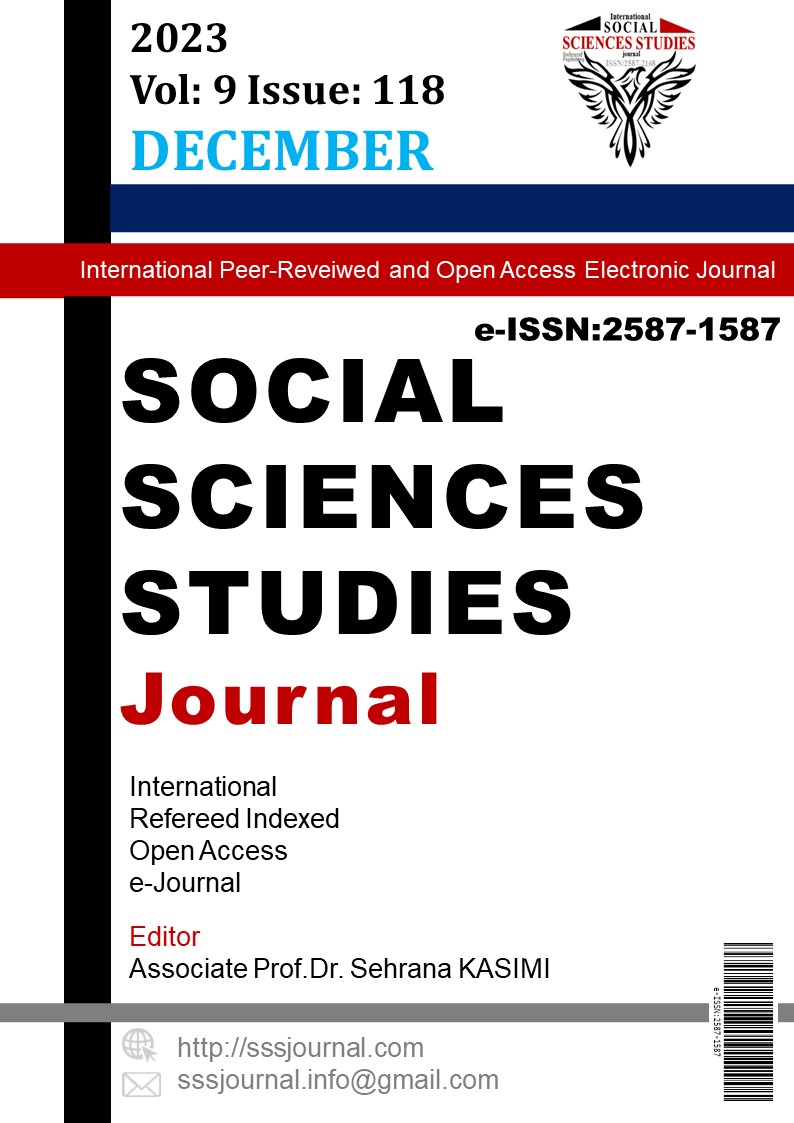Author :
Abstract
2001 yılında Amerika Birleşik Devletleri ve NATO üyesi ülkelerin askeri kuvvetlerinin Afganistan'a girmesiyle eş zamanlı olarak bu ülkeye yeniden yapılanma için bir grup yardım da gelmiş ve bu yıllarda uluslararası toplum Afganistan'ın yeniden inşası için 130 milyar dolardan fazla yapmıştır.
Afganistan'ın ekonomik ve sosyal gelişiminde dış yardımın rolünü araştırmak amacıyla yapılan bu araştırma, dokuz ekonomik ve sosyal kalkınma göstergesini bağımlı değişken olarak ele almış ve bunları modernleşme ve bağımlılık okulları teorileri ve ikincil veriler ışığında değerlendirmiştir. Analiz edilen hipotez testi sonuçları, dış yardım bağımsız değişkeni ile gayri safi yurtiçi hasıla, kişi başına düşen gelir, yaşam beklentisi, eğitim, nüfus artışı ve insani gelişme değişkenleri arasındaki ilişkinin anlamlı ve pozitif olduğunu, ancak dış yardım ile güvenlik koşullarının iyileştirilmesi ve uyuşturucu üretiminin azaltılması değişkenleri arasında ilişkinin anlamsız olduğu ve ayrıca bağımsız değişkenin işsizlik oranı üzerindeki etkisinin rapor edildiği; bu nedenle dış yardım Afganistan'daki güvenlik durumunu, işsizlik durumunu iyileştirmede ve uyuşturucu üretimini azaltmada etkili olmadı; Ancak insanların eğitim ve sağlık hizmetlerine erişiminin iyileşmesine yol açtı.
Keywords
Abstract
Simultaneously with the deployment of the United States of America and NATO member countries' military forces into Afghanistan in 2001, a group of aid for reconstruction also came to this country, and during these years the international community has spent more than 130 billion dollars for the reconstruction of Afghanistan.
In an effort to examine the impact of foreign aid on the economic and social progress of Afghanistan, this research has considered nine economic and social development indicators as dependent variables and has evaluated them in the light of the theories of modernization and dependency schools and secondary data analysis method. The findings of the conducted hypothesis test reveal that there is an association between the independent variable of foreign aid and the variables related to gross domestic product, per capita income, life expectancy, education, population growth and human development was significant and positive, but between foreign aid and the variables of improving security conditions and reducing the production of narcotics, the relationship is insignificant and also, the reported impact of the independent variable on the unemployment rate suggests that foreign aid has not proven effective in enhancing the security situation, addressing unemployment, and reducing narcotics production in Afghanistan; but it has led to the improvement of people's access to education and health services.





